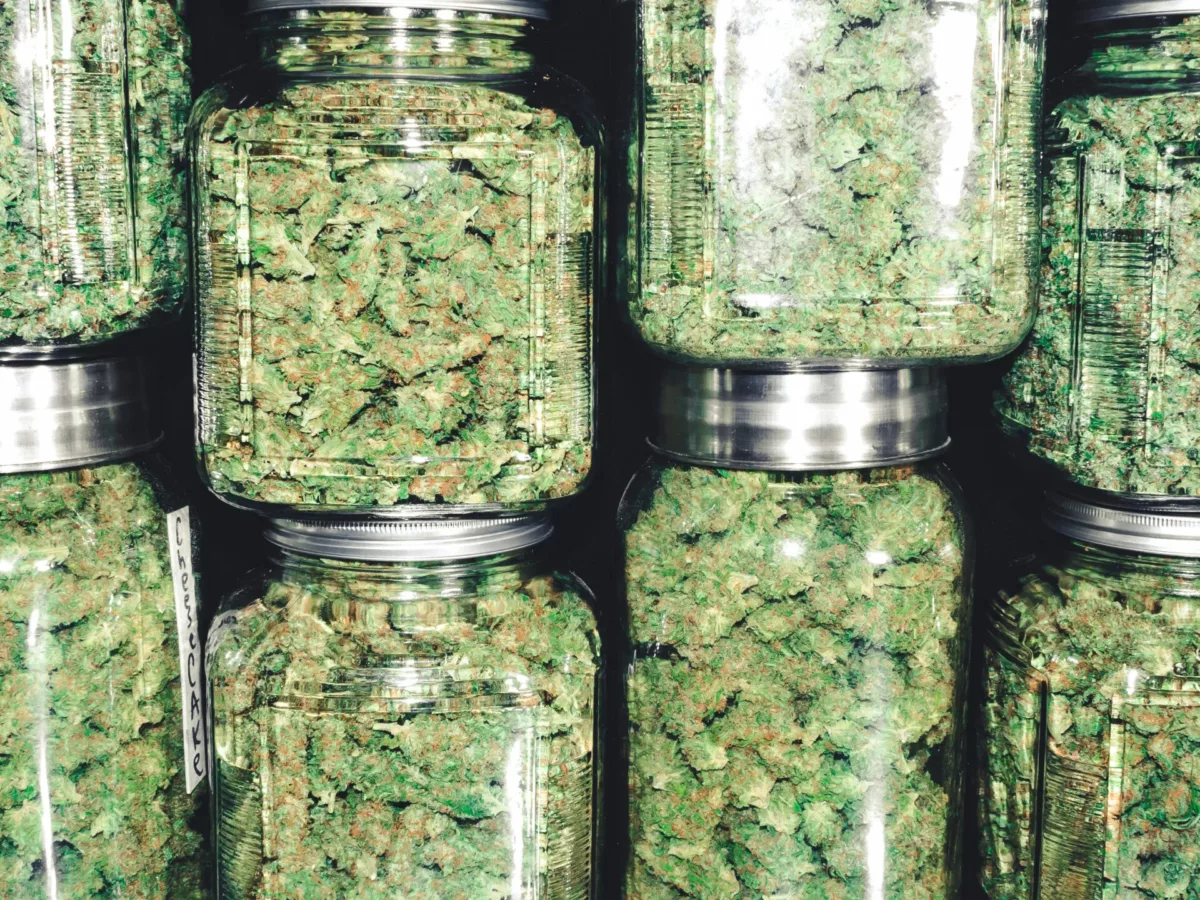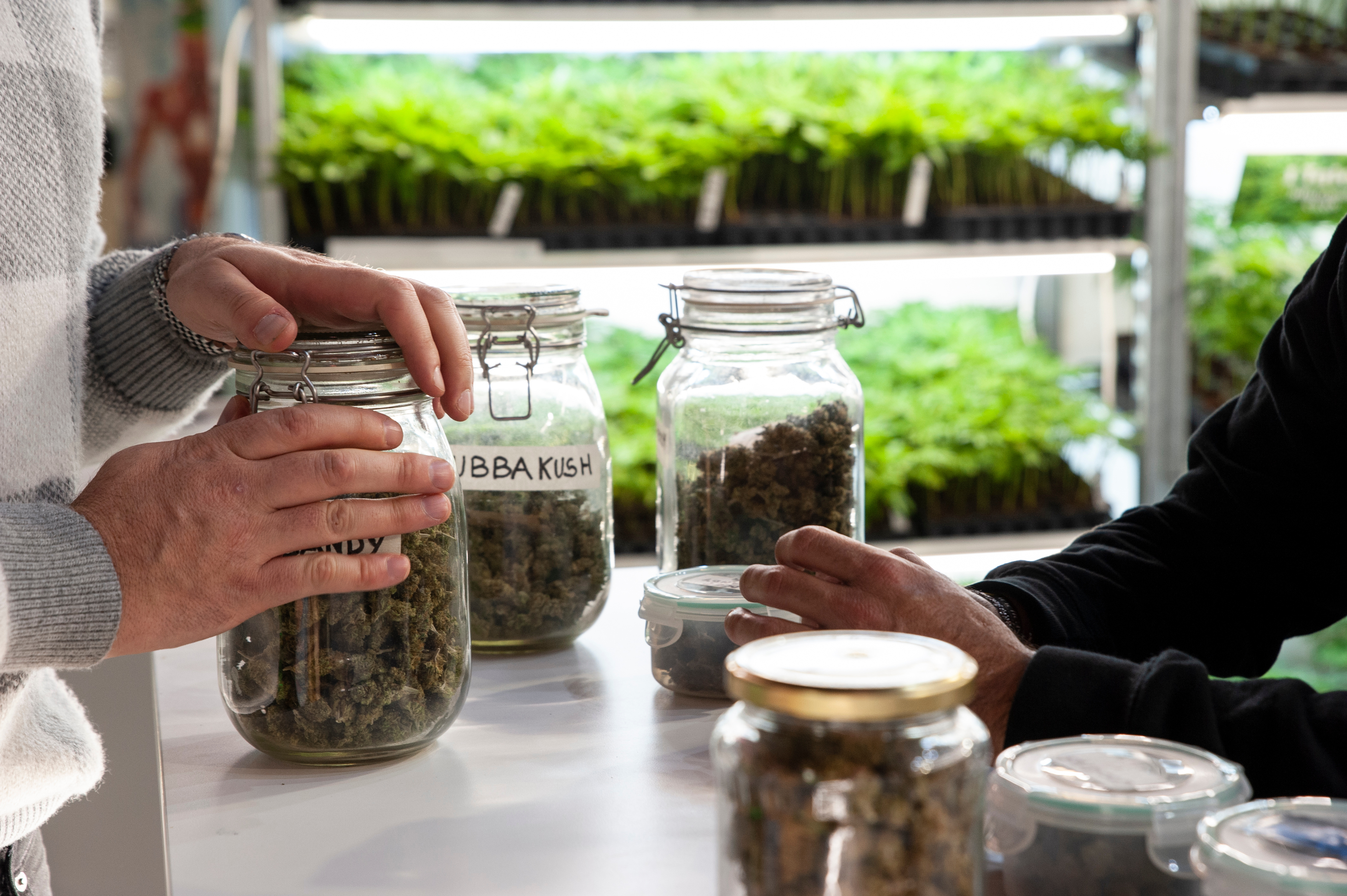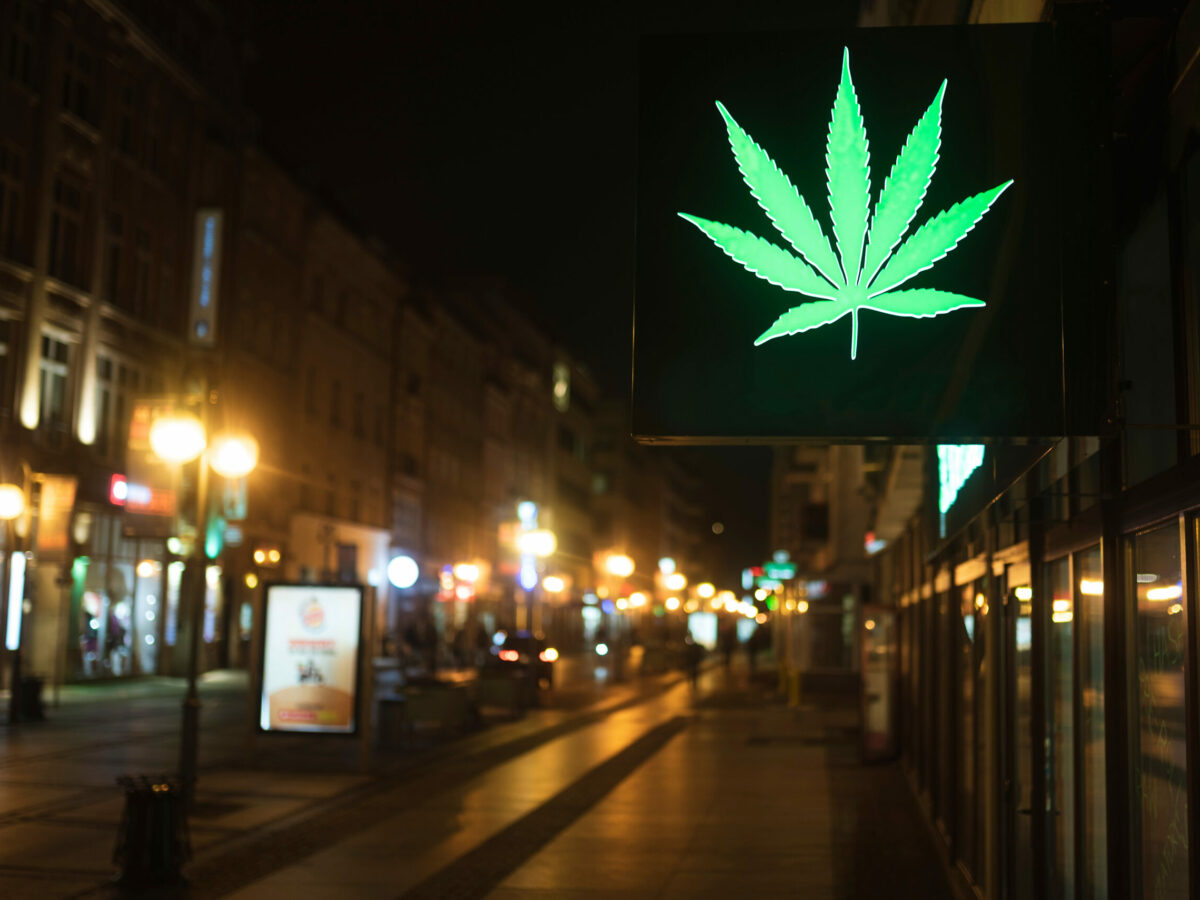The much-anticipated Maryland Medical Cannabis Commission meeting where a number of growers and processors received Stage One pre-approvals for licenses went on for more than four hours.
These licenses have been nearly two years in the making—the result of a 2018 law introduced to prioritize minority-owned businesses and begin to correct the fact that virtually all of the initial grower and processor licenses awarded out in 2015 were to all-white owned businesses. Additionally, there has been controversy and delays regarding bias (and reverse racism-tinged lawsuits from white-owned business calling “no fair”) and other forms of economic impropriety and of course, the Cheryl Glenn scandal in which the former State Delegate who was a major proponent for minority-owned cannabis businesses was exposed as taking bribes from cannabis businesses.
The 11 companies were finally announced on Thursday, October 1 and the companies, to qualify for a Stage 1 license must have shown that at least half of their ownership qualifies as “disadvantaged”—women or minority-owners. There were three pre-approved growers (Herbiculture Cultivation, MAS Alliance, and Viola Maryland) and eight pre-approved processors (AHI Group, Bouquet Labs, Ceres Naturals, Element MD, Greener Good, Herbiculture Manufacturing, Marileaves Extractions, and Organic Remedies). One additional grower license remains and two processor licenses remain.
“The Maryland General Assembly tasked the Commission with addressing disparities in the medical cannabis industry and to encourage diverse applicants to apply for licenses,” saidMMCC Chair Brian Lopez said in a press statement. “We’re pleased to welcome these new businesses, who set themselves apart in a highly competitive application process. Their expertise and diversity will help make Maryland’s medical cannabis program the best in the nation.”
The Outlaw Report spoke to someone connected to one of the approved growers, who explained that the experience was tension-filled as they waited, on Zoom, for hours to hear if they were one of the lucky ones.
For critics of the broader problems with the medicinal cannabis industry which prioritizes millionaires and others with serious access to capital, the meeting detailed some of the findings from the investigations and evaluations into the prospective businesses. Growers and processors were given a code (for example, “G1082” for a grower) so that the economic details could be disclosed without exposing the name of the applicant, and the hours of descriptions included the expected 48% non-minority, 52% minority-owned breakdowns for a number of businesses (51% ownership is the threshold). One grower involved a manager who was not considered a minority with a 17.5% ownership stake in the business making a loan to the “disadvantaged equity applicant,” and another business was noted as having backdated some of its business formation documents.
Those are just some of the concerning details which show the ways in which as critics claimed, even the rules, regulations, and investigations that would prioritize minority-owned business can still be somewhat manipulated. While it is important to stress that those who were awarded pre-approval licenses were the ones that were not involved in these kinds of shady—though sometimes perfectly acceptable—dealings, it speaks to the ongoing issues many have with such a heavily regulated industry in Maryland. Earlier this year in Annapolis, Joe Gaskins, the Chairman of the African-American Cannabis Association called for a truly “free market” where the number of licenses able to be awarded was uncapped. “A few well-connected, out of state, wealthy white men orchestrated a heist from the beginning,” Gaskins declared, during a hearing for House Bill 1449 which would repeal the limit on the number of licenses the MMCC can issue.
HB 1449 was voted down last legislative session.
Before the Commission got into the task for approving the findings about growers and processors and then the additional step of approving or rejecting applicants for stage one, MMCC Executive Director William Tilburg updated the Commission on the latest patient and sales numbers. There are currently 117,000 patients in Maryland—that is a 30,000 increase since the beginning of 2020—and monthly sales were more than $40 million, which means the year-to-date sales are up to $320 million (and $450 million for the calendar year). This week, the MMCC will publish its annual report and later this month, the drafted regulations for edibles will be published in the 10/23 edition of the Maryland Register.
The next MMCC meeting is November 17.
Illustration by Kathy Wyche





